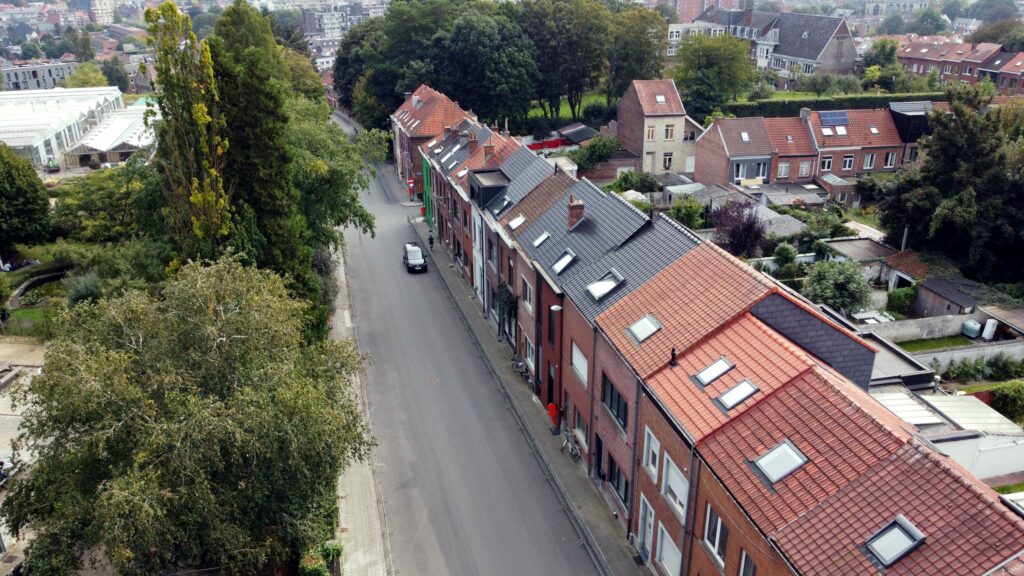Structural discrimination still exists in Leuven’s rental market, according to a new study by the city and Dutch-speaking Free University of Brussels (VUB).
The findings reveal that men with non-Belgian sounding names consistently receive fewer invitations to view rental properties than those with Belgian sounding names.
In April 2021, researchers first broached the topic of discrimination in the Leuven rental market. At that time, it was concluded that ethnic minorities, wheelchair users, and blind people with guide dogs were less frequently invited by landlords to view properties after responding to rental advertisements.
In response to the study, nearly two years later, Leuven’s city government launched an action plan to combat discrimination in the rental market. To track progress, a follow-up study was conducted between October 2023 and February 2024. During this period, VUB conducted 1,864 correspondence tests with property brokers and private landlords in Leuven’s private rental market.
The findings reaffirmed the persistence of the problem: Men with non-Belgian sounding names were still less likely to be invited to view a rental property over those with Belgian sounding names. As with the previous study, there was no significant variation between property brokers and private landlords.
Varying levels of discrimination were noted among different groups. Candidates with Nepalese surnames were no longer being discriminated against, the analysis showed.
In contrast, candidates with Moroccan surnames experienced discrimination, with 18% not receiving invitations in 2023 – a decline from 35% in 2021. For candidates with Congolese or mixed names, the rate of discrimination remained steady at 20%.
The study also revealed that people with physical disabilities continue to face discrimination. Fifty percent of wheelchair users did not receive invitations, whilst similar candidates without a wheelchair did.

